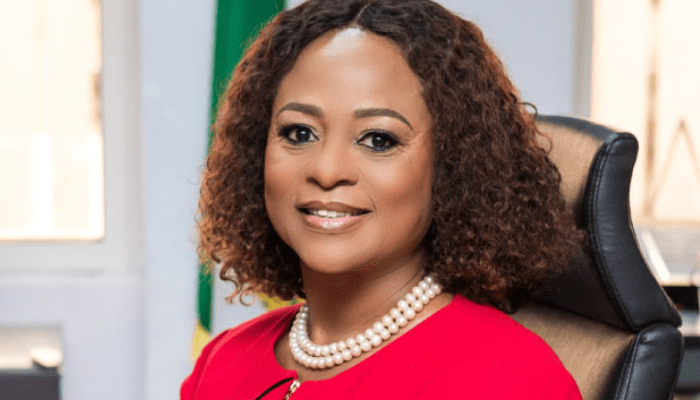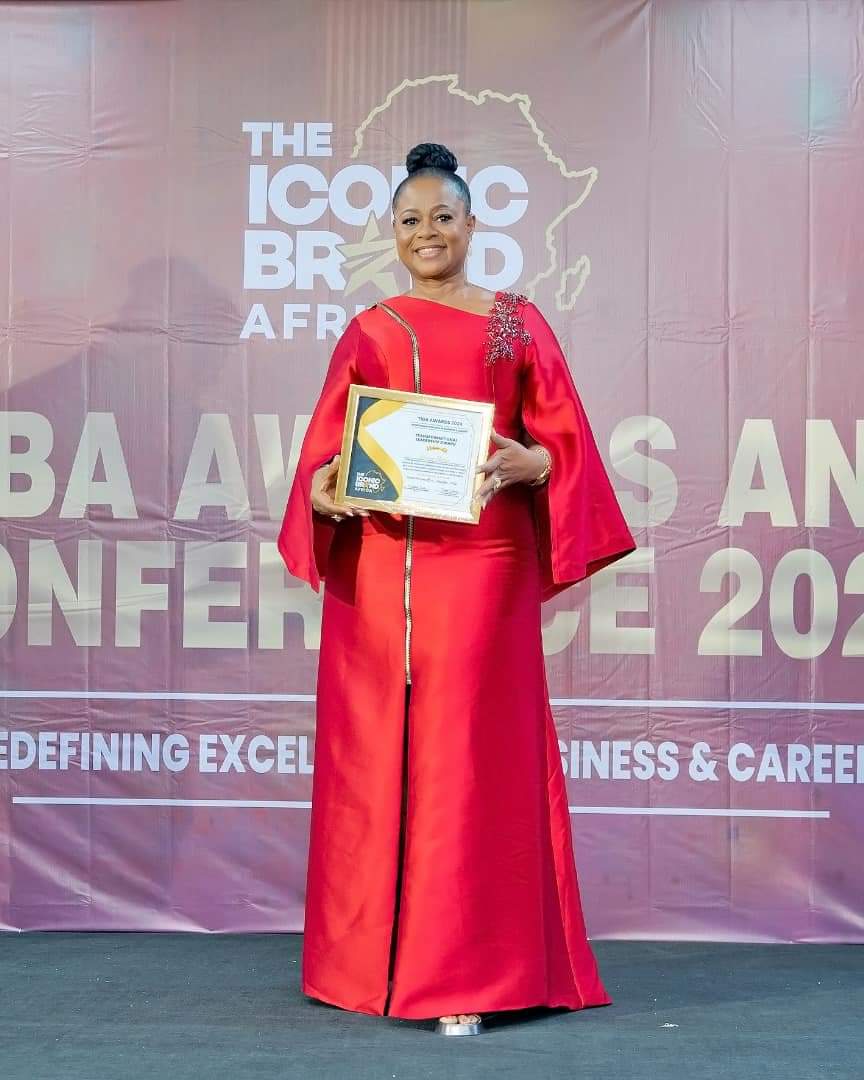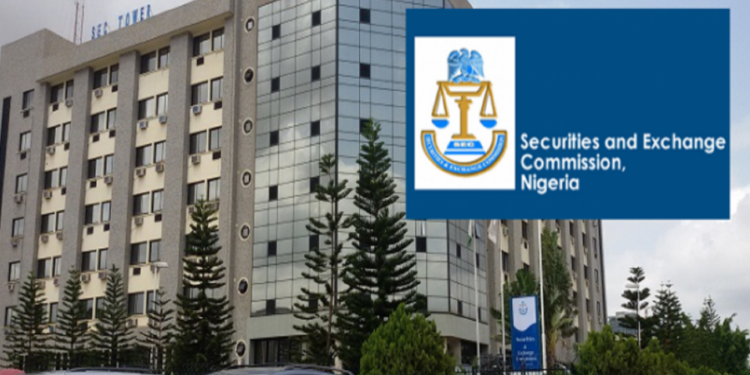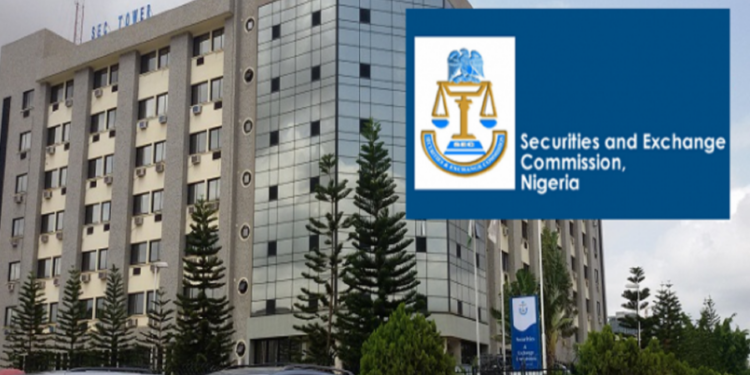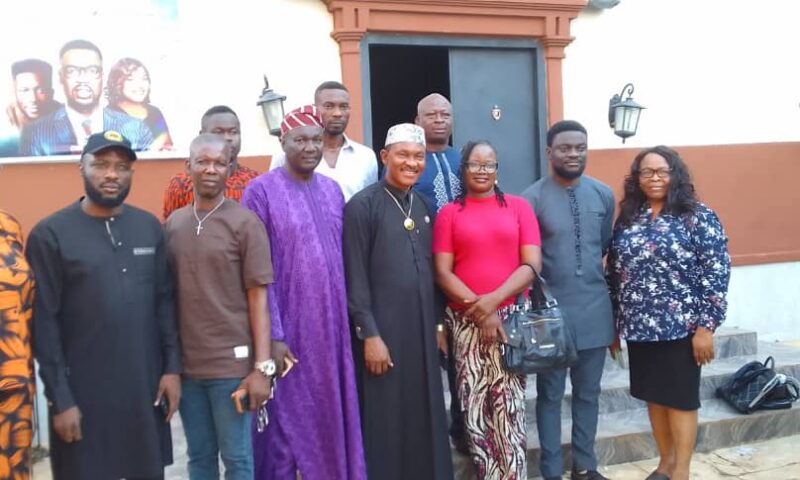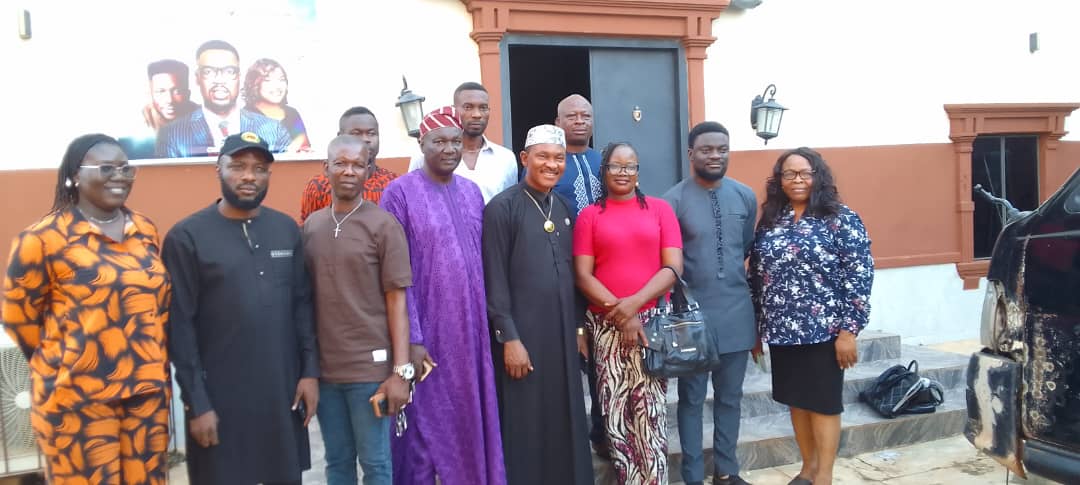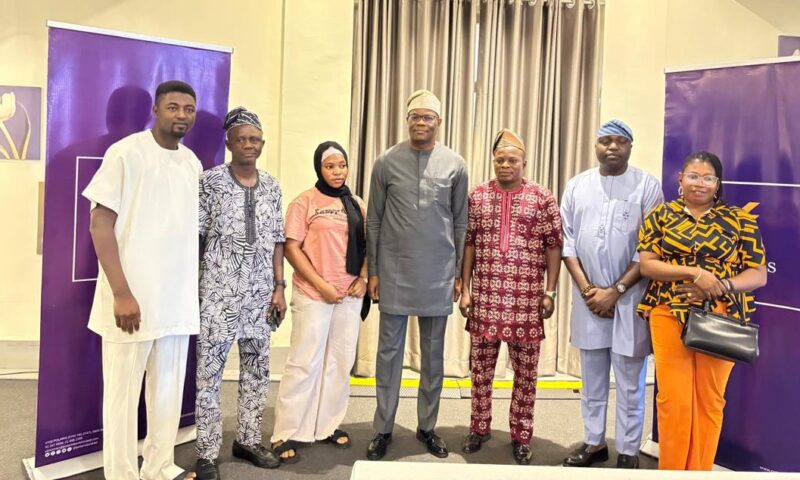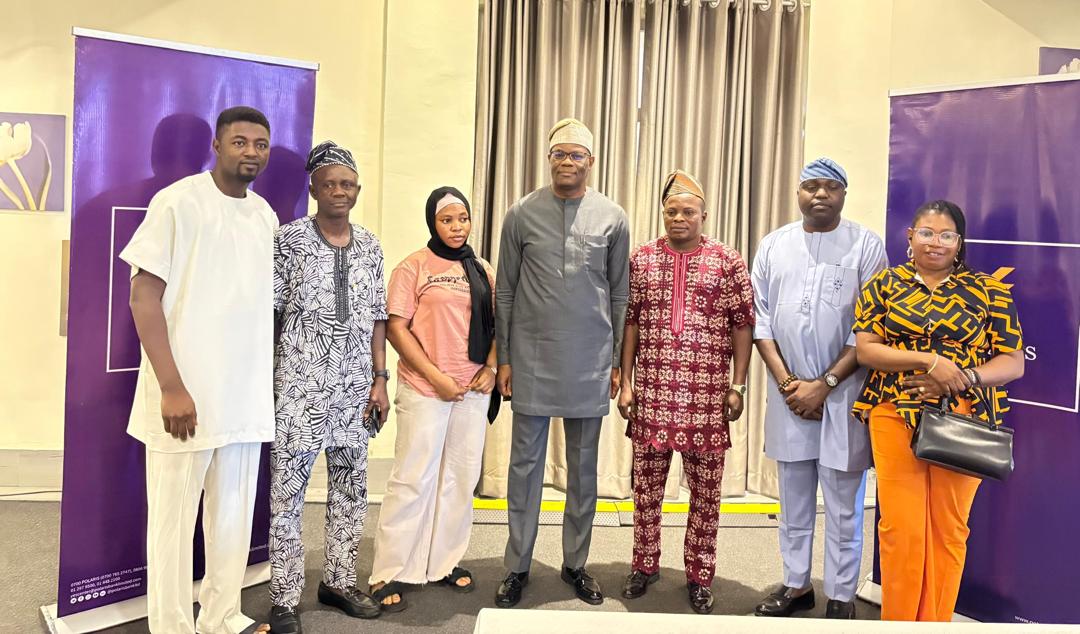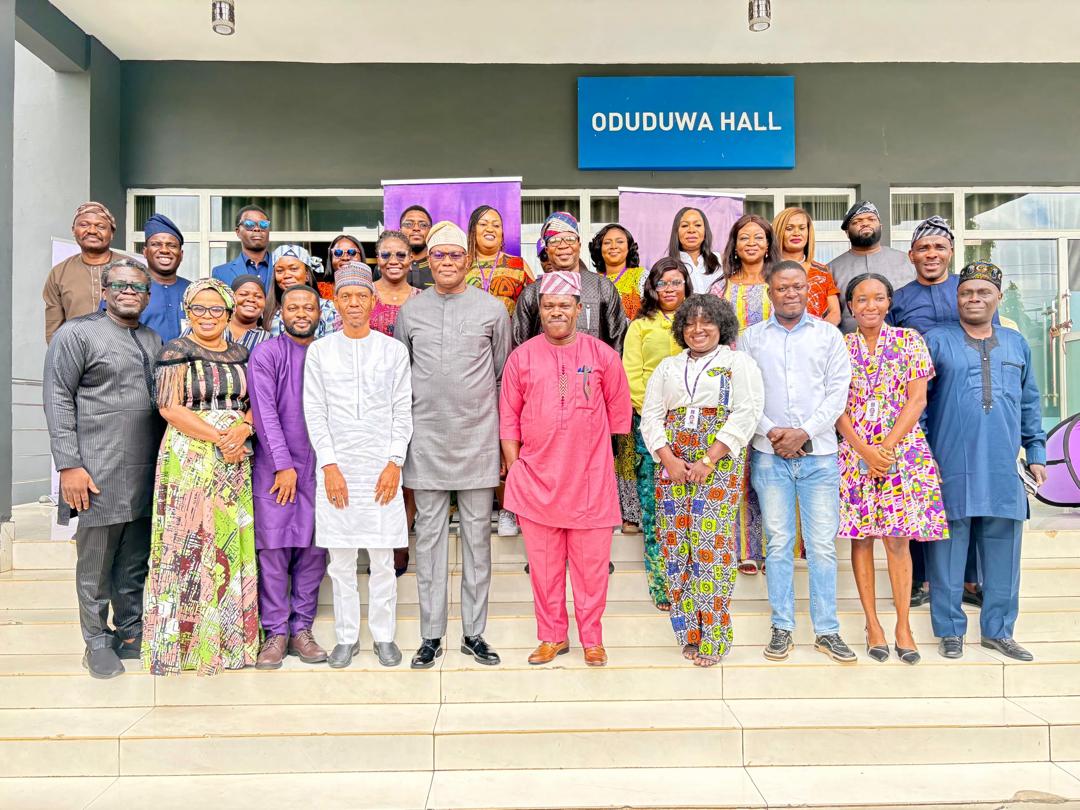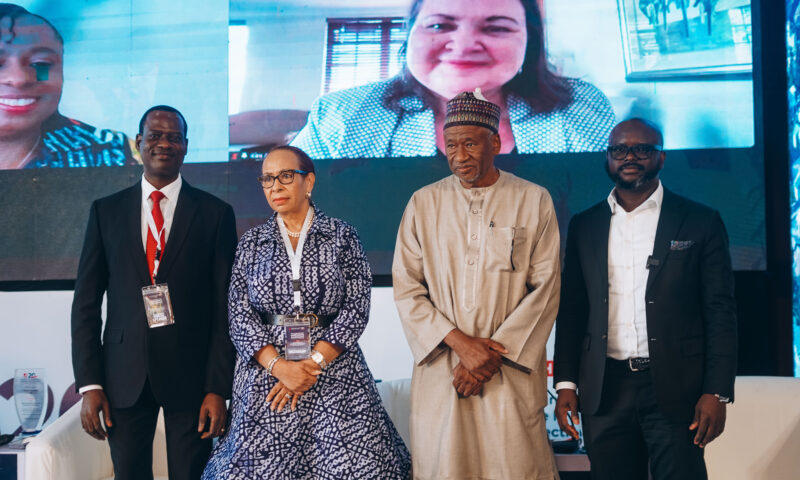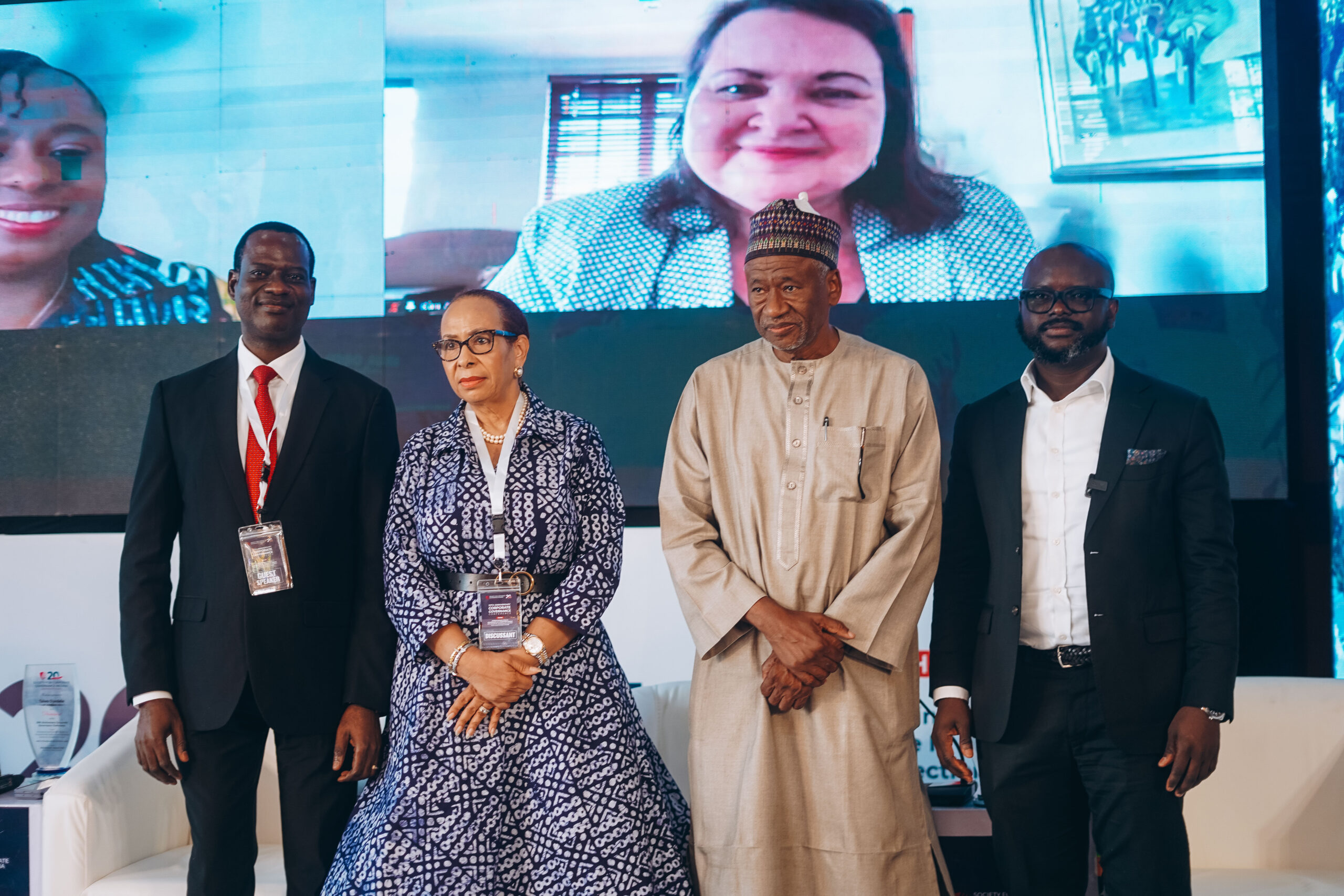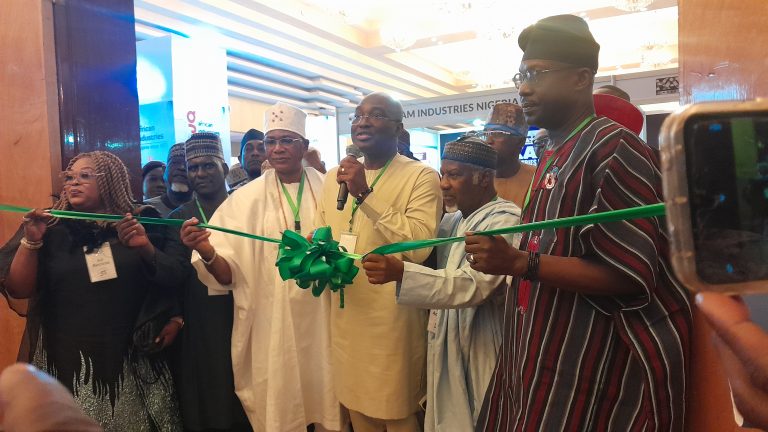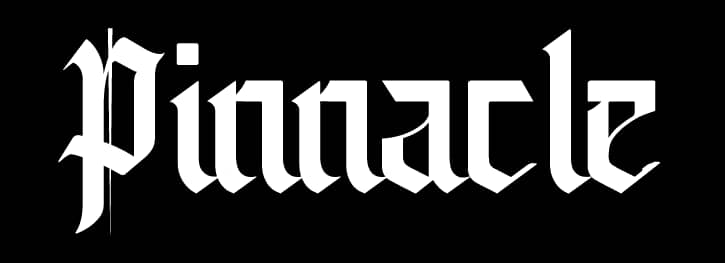Unity Bank Corpreneurship Challenge Beneficiaries Hit 578 As 30 More Winners Emerge
 Amaka Obiefuna
Amaka Obiefuna
No fewer than 578 young entrepreneurs across Nigeria have benefitted from Unity Bank’s Corpreneurship Challenge — the Bank’s flagship entrepreneurial development initiative launched a few years ago.
Over this period, the Bank has invested in supporting budding entrepreneurs across multiple sectors to start businesses, create jobs, and contribute to Nigeria’s economic growth.
The ongoing initiative recently produced 30 new winners, who received a total grant of ₦16 million during the Batch B, Stream II edition of the National Youth Service Corps (NYSC) orientation course, held across 10 states of the federation.
The winners, innovative young entrepreneurs developing solutions across various value chains such as fashion design, bag making, pastry and beverage production, event management, and vegetable farming, emerged after pitching their business ideas during the challenge at NYSC Orientation Camps in Lagos, Delta, Kaduna, Jigawa, Kwara, Benue, Abia, Kogi, Rivers, and Plateau States.
At the NYSC Orientation Camp in Ipaja, Lagos State, Fiyinfoluwa Titilayo Ojo, who pitched a soap-making enterprise, emerged the overall winner to clinch the ₦800,000 grand prize. Ndukwe Chiamaka Joan, with her innovative Small Chops business proposal, claimed ₦500,000 as first runner-up, while Barakat Modinat Olamide secured ₦300,000 to support her beverage-making venture.
Expressing her excitement after emerging as the overall winner in Lagos, Fiyinfoluwa Titilayo Ojo described the experience as life-changing, stating, “I’m truly grateful to Unity Bank for this opportunity. Winning the Corpreneurship Challenge has given me the push and confidence I needed to scale my soap-making business. Beyond the grant, the experience taught me how to structure my business better and believe in its potential. It’s amazing to see a bank that genuinely invests in young people’s dreams.”
Across the remaining nine states, 27 other winners also emerged after pitching diverse business ideas ranging from fish and poultry farming to printing, piggery, and cake production.
Over the past six years, the Unity Bank Corpreneurship Challenge has become an integral part of the NYSC programme, aligning with the Federal Government’s drive to upskill young graduates and promote entrepreneurship amid the scarcity of white-collar jobs. Each edition attracts thousands of entries from corps members whose business plans are evaluated for originality, marketability, job creation potential, and overall business acumen.
Speaking during the grand finale in Lagos, Unity Bank’s Divisional Head, Retail & SME, Mrs. Adenike Abimbola, reaffirmed the Bank’s commitment to empowering Nigerian youth through enterprise. She said:
“At Unity Bank, we believe that the energy and creativity of young Nigerians are vital to the nation’s economic transformation. The Corpreneurship Challenge is our way of nurturing this potential — by giving corps members the financial boost, mentorship, and confidence to turn their ideas into thriving businesses. Seeing over 578 young entrepreneurs already impacted motivates us to keep expanding the initiative and deepening our support for the SME ecosystem.”
The Corpreneurship Challenge has earned Unity Bank national recognition for its role in youth empowerment and job creation, attracting over 2,000 applicants per edition.
In partnership with the NYSC Skill Acquisition and Entrepreneurship Development (SAED) programme, the initiative continues to serve as a launchpad for youth-owned enterprises, offering grants of up to ₦800,000 to help corps members turn their business dreams into reality.




 By Winifred Bosa
By Winifred Bosa